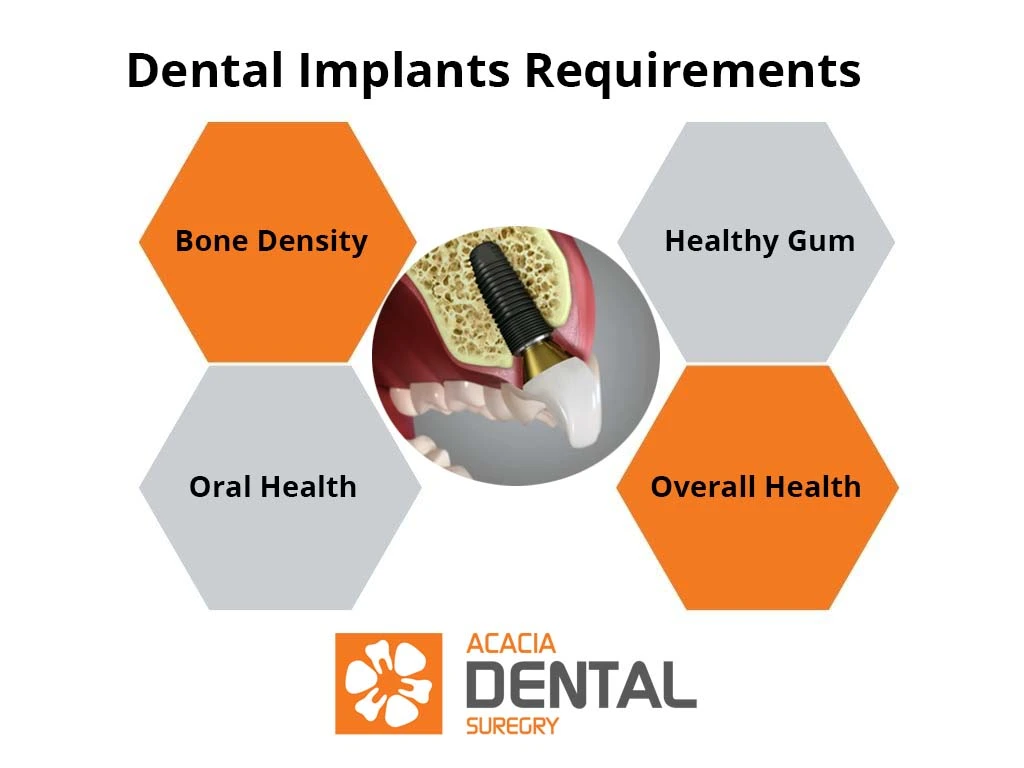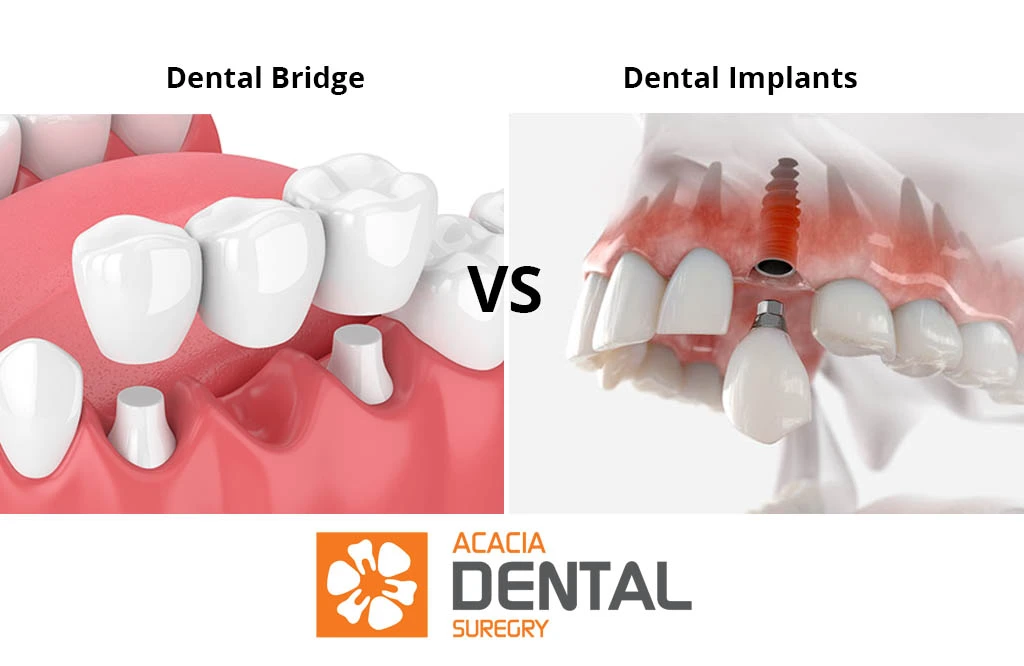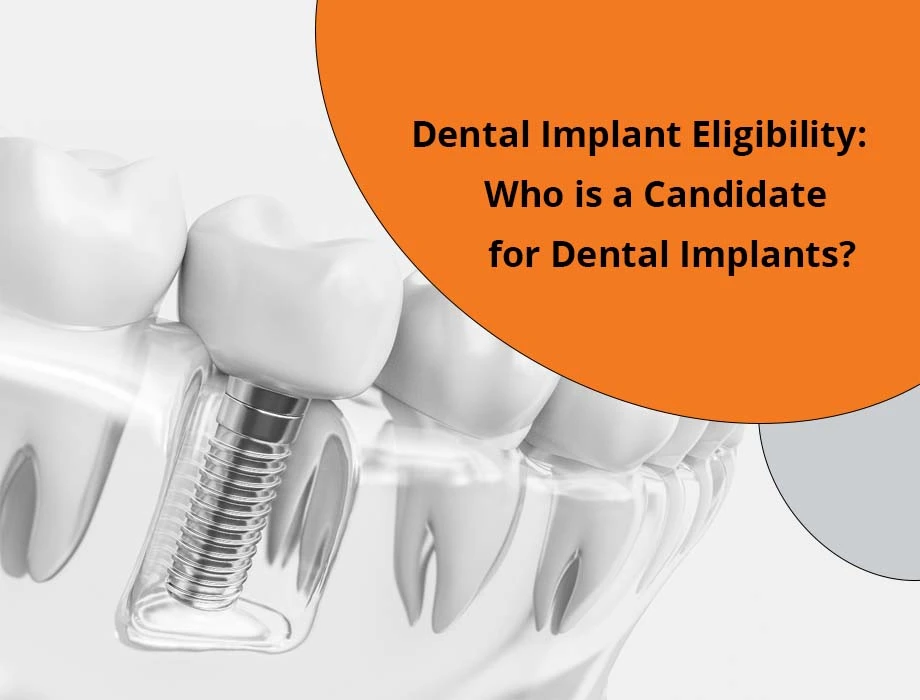However, not everyone is a suitable candidate for this procedure. Understanding the criteria for dental implant eligibility is important for both patients and dental professionals.
In this guide, we will explore the factors that determine whether someone is a candidate for dental implants, including the importance of evaluating one’s oral health, bone density, and overall health. By understanding these eligibility factors, individuals can make informed decisions about their dental treatment options.
Who Are Eligible for Dental Implants?
Generally, the dental implant seems to be the perfect choice for anyone who has lost a tooth. But the truth is that this dental procedure has some requirements, including:

1-Bone Density
The implant is placed inside the jawbone, and the patient should have enough bone density to support this artificial tooth. The lack of bone density can lead to dental implant failure. That’s why the specialist does several tests and scans before the dental implant surgery to ensure that it is the best option for the patient or that no other procedure is required before that.
If they find out that the patient doesn’t have adequate bone density, a bone grafting procedure will be recommended based on the patient’s health condition.
2- Healthy Gum
The second most important condition determining whether you are a good candidate for a dental implant is gum health. The implant is going to replace the natural teeth. Therefore, it is not only placed inside the jawbone but also supported by the surrounding gum tissue. Gum disease weakens the gum tissue, so it can’t protect the implant properly. Therefore, after a while, the implant may fail.
Peri-implantitis is one of the common gum diseases that may happen after dental implants due to having unhealthy gum.
Therefore, people with periodontal disease don’t have dental implant eligibility. They should treat the gum disease before the dental implant procedure. Read more about dental implants with gum disease to learn what to do and how to treat this dental issue.
3- Oral Health
A good candidate for dental implants is someone with a healthy mouth and dental hygiene. The patient shouldn’t have tooth decay around the dental implant as its infection may cause it to fail. Furthermore, dental implants require regular cleaning and maintenance. Therefore, it is essential to follow a dental care routine after it. Here are some dental implant aftercare tips to help keep your implant safe and healthy.
4- Overall Health
The patient’s overall physical health is crucial for major dental procedures like dental implants. It is not as simple as dental filling that is performed in one session. The implant is done in several sessions and may take several months to fix in its place completely. Furthermore, some medications may affect the result of dental implants as they may slow down the healing process. For example, people with diabetes or cancer are not eligible for dental implants.
Don’t worry if you are not eligible for dental implants; you can still choose other options.
What Are Dental Implants Alternatives?
If you are not a candidate for the dental implant, you can still do other procedures, including:
Dental Bridge
One of the alternative procedures to dental implants is the dental bridge, which is a type of dental restoration that replaces one or more missing teeth. Like an implant, a dental bridge also fills the gap with one or more false teeth, using the surrounding teeth as support. Therefore, this procedure is only performed if healthy teeth are around the gap.
Also known as fixed partial dentures, dental bridges are made up of two main components:
- The artificial tooth or teeth (called pontics) that replace the missing tooth or teeth. They can be made of different materials, such as porcelain, metal, or composite resin.
- The dental crowns, implants, or frameworks (called abutments) that hold the pontics in place. They can be attached to the natural teeth or the implants on either side of the gap.

Dentures
If more than two teeth are missed, a dental bridge is not practical anymore. In this case, dentures are recommended. A partial or complete denture can be a good option based on the number of missing teeth.
Bottom Line
Dental implants are an effective and long-lasting solution for individuals who have lost one or more teeth. While dental implant eligibility depends on various factors, such as overall health, bone density, and oral hygiene, many individuals can benefit from this treatment option.
It is important to consult with a qualified dentist or oral surgeon to determine if dental implants suit your specific dental needs. With proper care and maintenance, dental implants can provide a natural-looking and functional replacement for missing teeth, improving overall oral health and quality of life.
